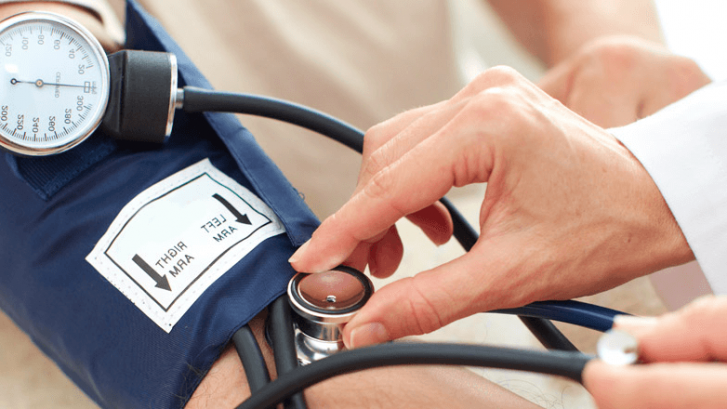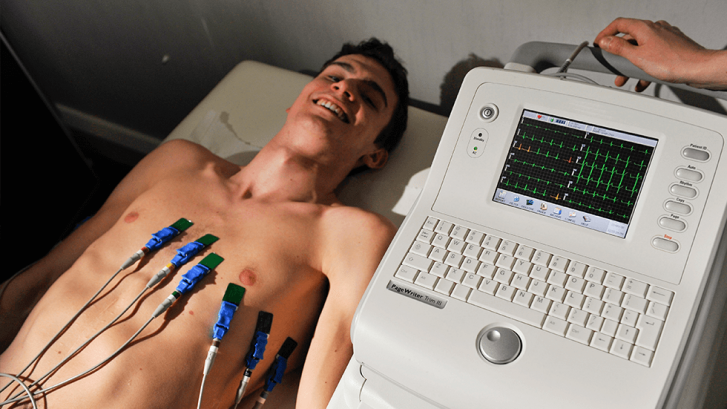Lifesaving Heart Tests You Should Know About
A large portion of the Indian population suffers from cardiovascular diseases, or runs the risk of doing so in the near future. Many people generally choose to ignore symptoms like a small pain in the heart or breathlessness. But when it comes to heart, both precision as well as caution is required; even the most seemingly small symptoms can be associated to major ailments.
Mentioned below are some of medical checkups related to heart that can actually be life-saving if taken in time. Read closely:
Cardiac Calcium Scoring
Also known as a heart scan, this preventive heart checkup is a carried out to detect the presence of calcified plaques in the arteries of your heart. These plaques are a warning sign of coronary artery disease which in turn are major causes of heart attack. Since calcified plaques can occur even 10 years before the actual heart attack, taking this test can help your doctor understand the signs and symptoms, and remedy the ailment.
High-Sensitivity C – Reactive Protein Test
As per the American Heart Association, hs-CRP tests are taken by people with an immediate risk of heart attack in 10 years. High levels of hs-CRP in the blood of an individual could signify narrowing of coronary arteries.
A CRP test can be prescribed to you inorder to check for inflammation. Inflammation could indicate infections, rheumatoid arthritis, heart diseases, chronic inflammatory disease and so on.
Carotid Intimal Medial Thickness Test
Also known as the Intima-media thickness, this test tracks atherosclerotic ailments. This means it detects arrest, progression or the regression of atherosclerosis. The thicknesses of the two innermost layers of the wallsof the artery, namely the tunica intima and the tunica media,are measured by this. For the measurement anything from an external ultrasound, invasive ultrasound catheter to imaging modalities can be used.
Stress Echocardiography
Mostly used to detect a decrease in the flow of blood to the heart, resulting from narrowing of coronary arteries, this test is also used to see if the heart muscles are working well in pumping blood to the heart. Using the stress echocardiography in addition to the standard stress test increases the accuracy in women upto 85%. It also helps understand if the condition of the patient’s heart disease is severe enough to require a bypass or stent treatment.


